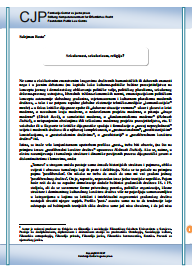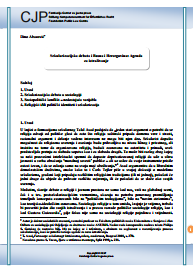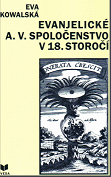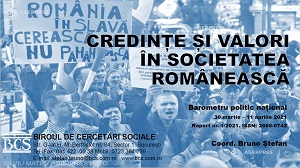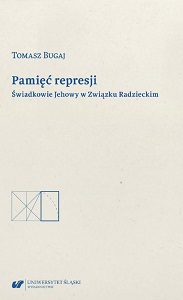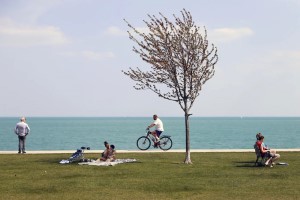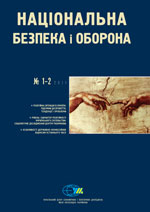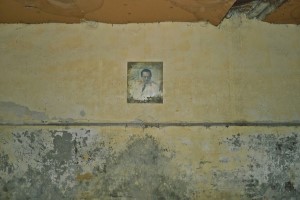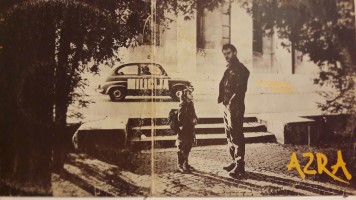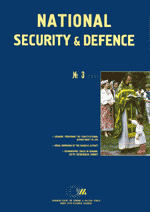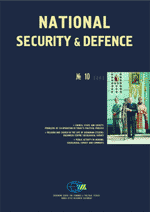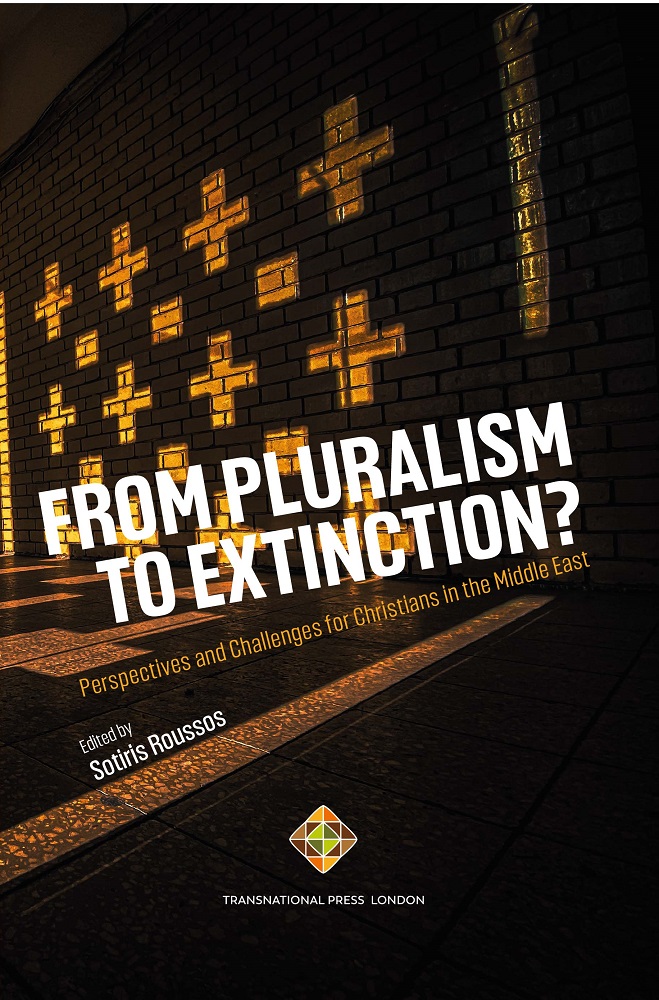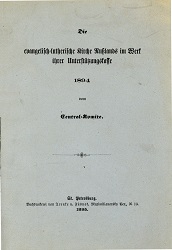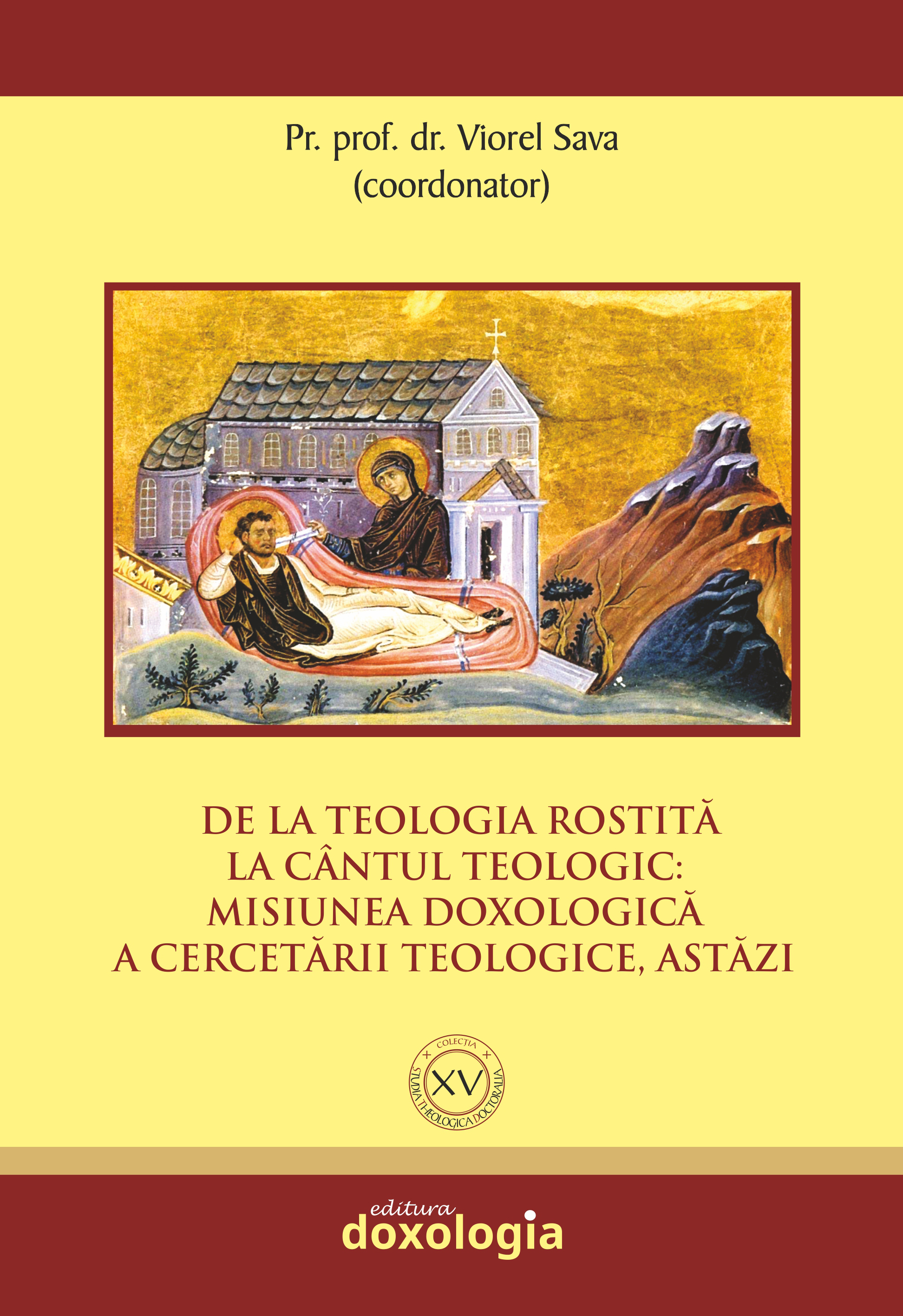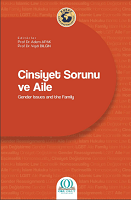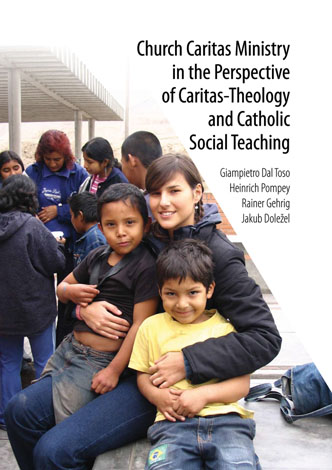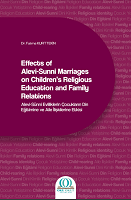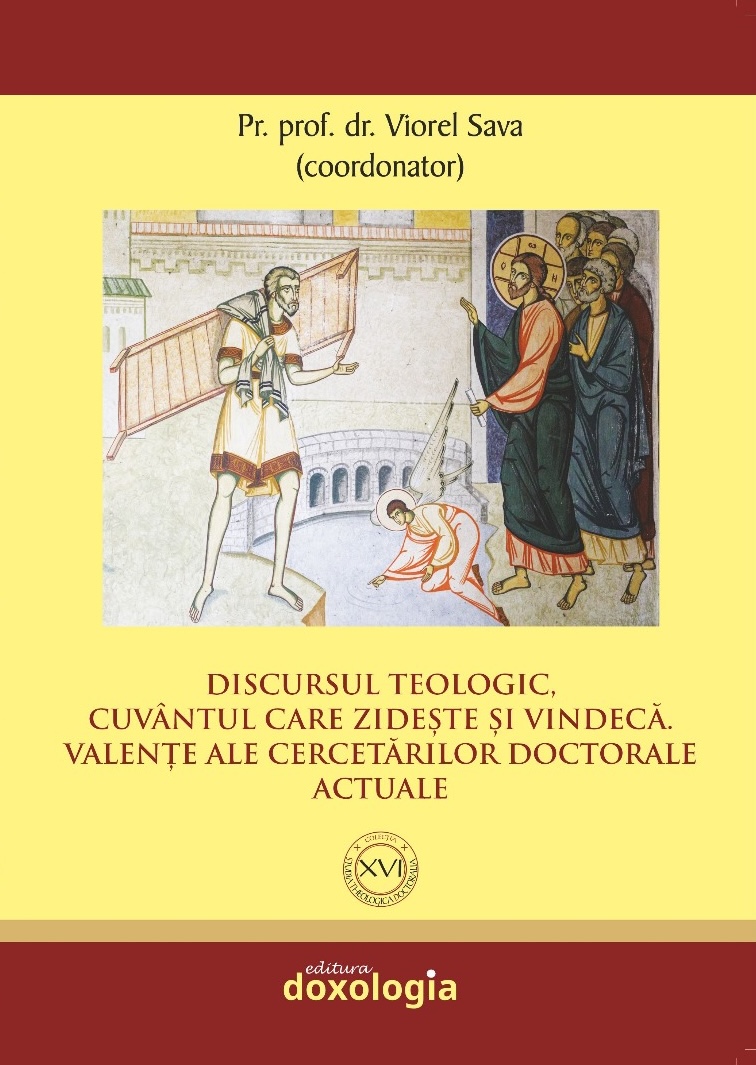Author(s): Eva Kowalská / Language(s): Slovak
The association with the Catholicism and the Roman Catholic Church had already in the past been perceived by the dynasty of Habsburgs as an expression of unity and strength of the widely differentiated union of states. However, it was only during the seemingly quiet time period of the 18th century that the dynasty managed to turn the Catholic Church into one of the means of enforcing their power and the power of the state. In addition, the confessional structure of the society in the monarchy was changed as well: the non-Catholics, though still marginal, developed into a quite important group of believers. The time period, during which the modernisation of the life in the Habsburg monarchy started through the reforming effort of the state power, brought along principal changes to the life of the Protestant communities. The position of the Protestant churches in the civil society started to shift from oppression towards acceptance by the civil society, and their internal development could finally comply with their internal needs. The functioning of the Lutheran community and Church in the society is described in the introductory chapter. Here, an attention is given to the destinies of people who suffered under the confessional oppression, but also to the methods and controversial results of the re-Catholicizing measures, as they were recorded by the Lutheran agent of the Vienna court (or the Hungarian Court Office) in his official dairies. The changes in the every-day coexistence of the confessions that started with the issuance of the Patent of Tolerance could be evidenced only gradually: in spite of the fact that the Hungarian society was accustomed to the coexistence of several confessions, the issuance of the Patent evoked quite a turmoil in the society. It was especially concerning the administrative bodies (in counties but also in dicasteries – the supreme state administration bodies) that were facing the task of co-operation with the Protestants. An interesting field for confrontation between the Catholics and Lutherans, but also between both Evangelical churches, was created by ,,missions” of Lutherans to Bohemia and Moravia. In return, these missions exercised an impact on the inter-confessional relations within the Hungarian kingdom. The character of these relations was also marked with the general political situation in the monarchy as a whole, but mainly with the fear that the non-Catholics could possible get connected with the foreign powers (Prussia), or even with the revolutionary circles abroad (France). In addition, the long time maintained mentality of supremacy among Catholics on one hand, and the feeling of exclusiveness nurtured among Lutherans on the other turned into sources of intolerance, which in many cases got expressed after the issuance of the Patent of Tolerance or the Religious Act No.26/1791. The relation of the Lutheran Church and community to the state represented an important aspect of their functioning. The state, even after the issuance of the Patent of Tolerance, made an effort in terms of determining the areas of its exclusive interest. At first place it were the schools where the exclusion of general education from the outreach of the church institutions wanted to be achieved, and on the second place the liturgies were required to be “rationalized” according to ideas presented by Joseph II. Especially the topic of school reform, which was planned to be accomplished through establishing combined schools and applying secular supervision of education and textbooks, is a subject of a detailed examination The problems that the Lutheran (Evangelical AC) church was confronted with resulted in a controversial internal development. The pressure put by the state and the Catholic church on this confession evoked a need for internal consistency, owing to which the church was able to preserve its identity, even under the influence of unfavourable conditions. However, this development resulted in a considerable rigidity that could be seen in the outlasting adherence to the Lutheran orthodoxy, being the dominant theological orientation. In course of the 18th century, it was first of all the socially conditioned phenomenon, owing to which the influence of clergies could be preserved within the church structure. In the Lutheran society, tensions started to appear between the secular patrons, who were the only ones entitled to protect the interests of churches on the various levels of the state administration, and the superintendents, who were acknowledged by the state to be the official representatives of the church and were assigned some, though little, competencies. The relations between the secular and clerical members of the church were also complicated by the fact that the system of consistories did not get naturalised in the Hungarian monarchy, and the synods could not be summoned after 1707. Even though several ideas on how the internal circumstances of the church should be settled (e.g. Jan Cernansky, before 1779) were developed, the situation was not stabilised before 1791 when the synod was finally summoned. At this synod, the influence of the secular church representatives was forced through. As a result, the clerical representatives started to show concerns regarding the Lutheran identity preservation that was perceived to be endangered by the initial proposals to create a union of Lutherans and Calvinists. The advocates, who were determining the development of the Evangelical AC Church in the course of the 18th century, developed into a relatively small but in terms of education, theological and philosophical orientation a quite varied group of people who were taking up secular as well as church positions. The influence of their advocacy was considerable. Closer attention is paid to those who managed to exceed the activity field assigned to them by their work position, and exercised an influence on the attitudes of people around. Because the positions they were taking up were not the most significant ones, their influence as if ,,from the background” did not get to the attention centre of the recent historiography (Pavol Sramko/Schramko), or it was not adequately evaluated (Michal Institoris Mossoczy). Through their works and activities, the advocates of Lutheranism managed to permeate into the circles that were close to the Vienna Royal Court and thus contribute to forming the attitudes of the Court regarding the religious issues in Hungary (Jozef Benczur). In addition, people who were in a direct work contact with the Royal Court (Court Agents), or those who were in charge of informing the foreign countries about the events in Hungary with an aim to advocate for the Hungarian Protestants living abroad, were quite active in this field as well.
More...
